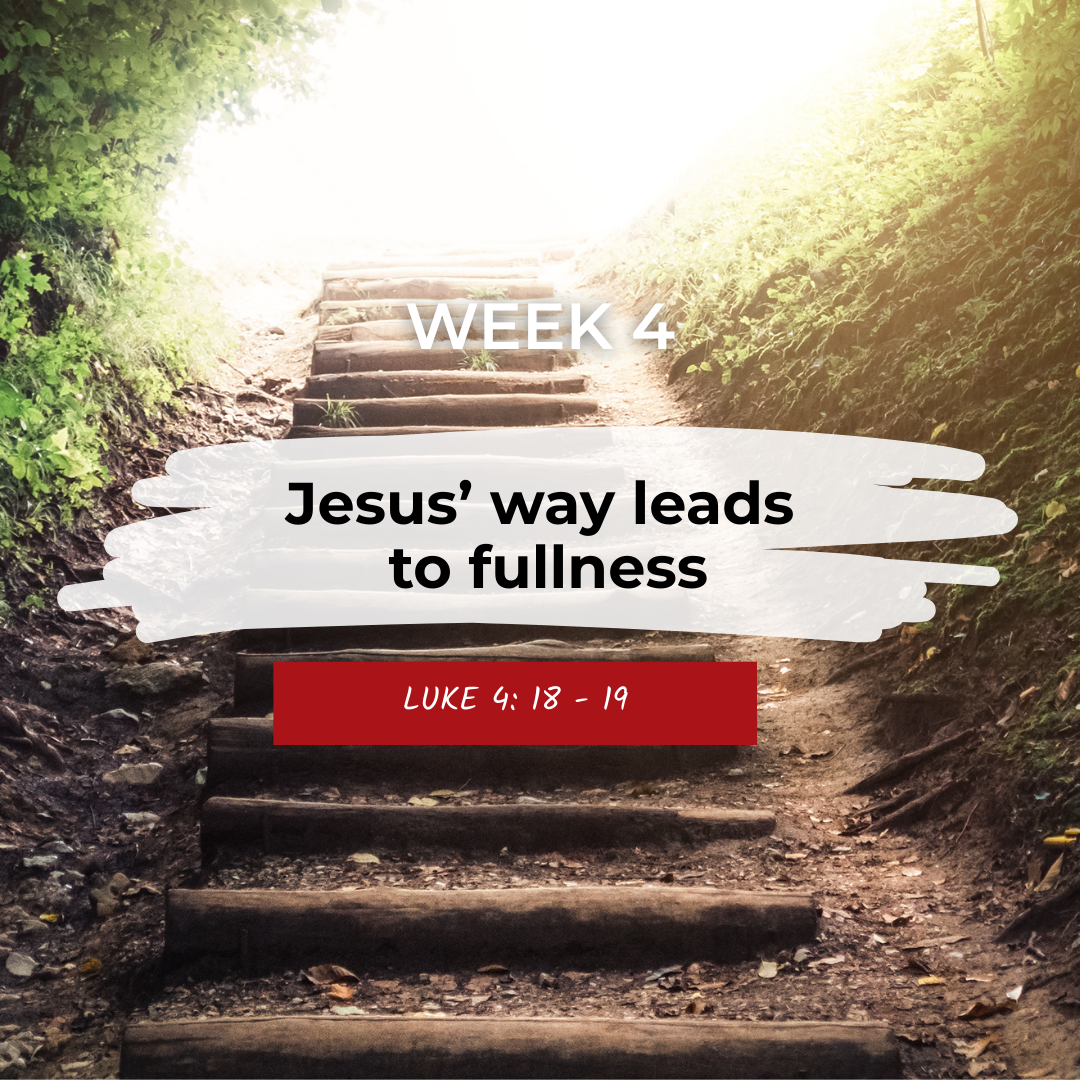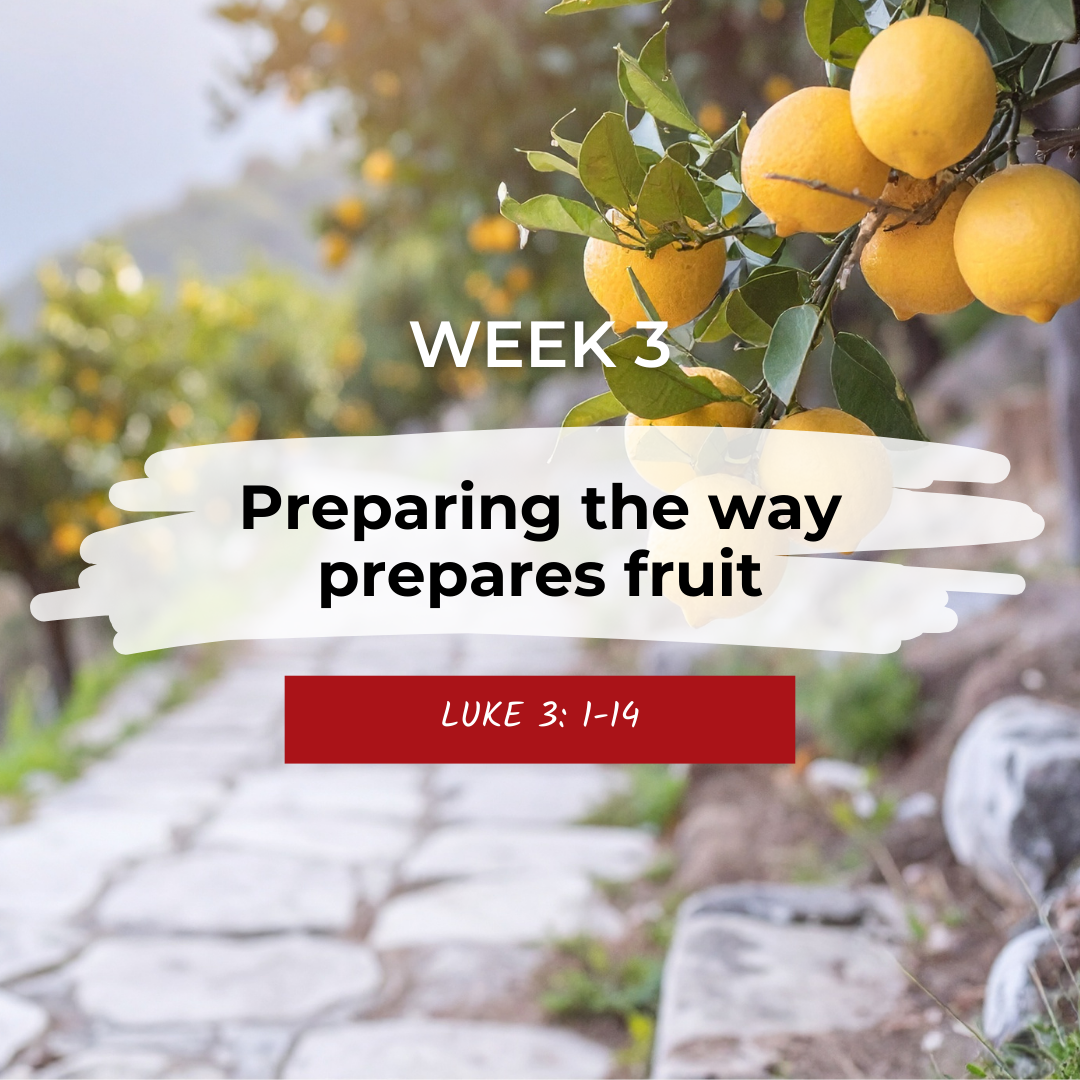After seven years of obstetric fistula, Halimat is finally free
Fistula, Stories | April 30, 2024
Across Asia and sub-Saharan Africa, it is estimated that more than 2 million women live with obstetric fistula – over a half a million of these women live in Nigeria.
Commonly caused by prolonged, obstructed labour without access to quality and timely midwifery and medical treatment, the preventable and often treatable medical condition can be life threatening and often results in significant health issues, such as incontinence. This often leads to feelings of shame and embarrassment, which in turn, can lead to women becoming socially isolated and not wanting to participate in family and community life for fear of stigma and discrimination.
Yet, there are ways to avoid obstetric fistula, including delaying the age of pregnancy (because it often impacts young women in their teens and early twenties), ending harmful traditional practices, and ensuring access to timely and quality obstetric care.
Ahead of the United Nations’ International Day to End Obstetric Fistula on May 23, CBM Australia is sharing stories of our work towards ending obstetric fistula.
CBM Australia have been supporting partners in Nigeria to improve access of women and girls, like Halimat, to quality maternal and reproductive health services, with the aim of eliminating obstetric fistula.
For the past seven years, Halimat has been living with incontinence from obstetric fistula which followed an emergency caesarean she had after a prolonged labour in 2014. In 2015, she tried to get the fistula repaired by undergoing surgery, but unfortunately it was unsuccessful. Still unable to control her bladder, Halimat’s self-esteem was diminished. She became self-conscious and too embarrassed to even socialise with her friends.
In 2021 however, Halimat’s situation changed. With support from the CBM project, Halimat travelled to central Nigeria to undergo a second attempt to repair the fistula. In addition to supporting access to quality maternal and reproductive health services, the project also works to increase the understanding of inclusive sexual and reproductive health and rights through training workshops and community awareness raising activities – helping break the shame and stigma that is so often associated with this medical condition.
This time, Halimat’s surgery was a success and no longer did she need to live with incontinence. Finally, she felt happy and free from the all the shame and embarrassment she had felt over the past seven years.
CBM acknowledges the support of the Australian Government through the Australian NGO Cooperation Program (ANCP)
https://www.cbm.org.au/stories/after-seven-years-obstetric-fistula-halimat-is-free
Related Stories

Share your advocacy preferences with us
Thank you for helping us to advocate for the one billion people with disability globally. CBM Australia advocate across...

Advent 2025: Jesus’ way leads to fullness
The way of Jesus gives people freedom and empowers them to live out their God-given purpose. The last few weeks...

Advent 2025: Preparing the way produces fruit
John the Baptist called people to prepare for God’s presence through repentance and by producing fruit (acts of justice,...
